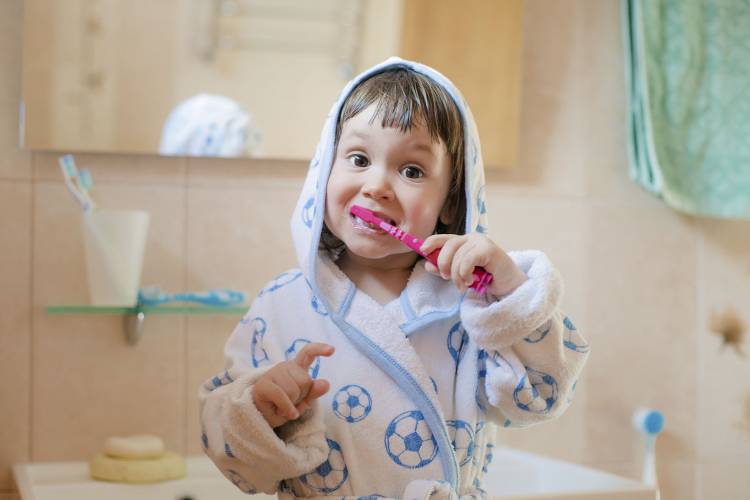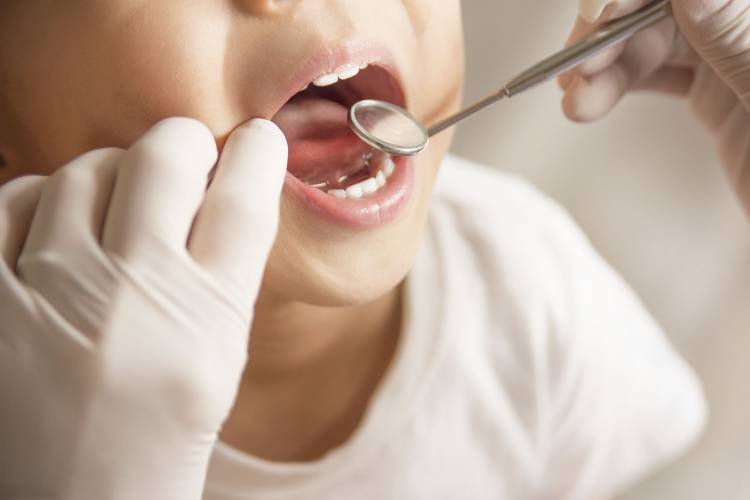How to maintain correct oral health in children
Do your children brush their teeth correctly? Do they perform other oral health practices? We bring you a guide so they can keep their teeth healthy.
child care
Share

There is nothing more important for parents than their children’s health. From the moment they are born, we worry about them having a healthy diet, a healthy weight, being healthy and having an up-to-date vaccination schedule. But, their mouths? Do we worry about this in the same way or only when we go to the dentist if an issue arises with their teeth?
According to the Spanish Society of Paediatric Dentistry, most oral health conditions can be prevented and treated in their initial stages.
But what do we understand by oral health? The WHO defines oral health as being free of diseases such tooth decay, gum disease, oral cancers, oral symptoms of HIV, dental trauma, cleft lip and cleft palate.
In addition, they recognise that more than 530 million children worldwide suffer from tooth decay in their milk teeth. Something that parents, often due to lack of awareness, don’t give enough importance to, since these lesions can affect the development of the child's permanent teeth, and can cause infections that will affect their oral health for the rest of their lives.
When should we go to the dentist?
The later we start dental hygiene processes, the higher the likelihood that the child will suffer from tooth decay. The Spanish Society of Paediatric Dentistry argues that the first visit to the dentist should take place before the child turns one.
In addition, they warn that parents should be alert to the signs. The first is the change in colour of the tooth, which becomes off-white and loses its shine, so-called “white spots”. At a more advanced stage, a yellow, brown or black edge appears on the affected area as a step prior to the appearance of the cavity. In the most visible stage, we see a loss of substance and a hole in the enamel, which ends up breaking. The destruction of the tooth indicates that the tooth decay process may have been occurring for several months in the mouth: it is a slow process.

Tips for keeping your children’s teeth healthy
Oral diseases can be prevented through healthy habits, including, for example:
- Starting to brush the child's teeth from the moment the first tooth comes through. It can be done without toothpaste since it is the brush that does the cleaning.
- Brushing the teeth at least twice a day with a fluoride toothpaste, adapted to the child’s age. And use a small amount. Start with a spot on the toothbrush and add a little more toothpaste as they grow, until we get to a grain of rice.
- Using dental floss each day. Dental floss can aid better hygiene and is recommended for use with children aged two and above. It is important for an adult to carry out this process.
- Always let them do it first, and then an adult should go over it again.
- Using mouthwash with fluoride, under supervision of the paediatric dentist.
- Having regular check-ups, both children and adults.
- If children have been ill, it is advisable to change the brush since bacteria or germs can remain on the brush.
- Brushes should be changed every three months, or when they become damaged.
- With children under the age of five, we should regularly lift their upper lip to check whether there are early signs of tooth decay.






